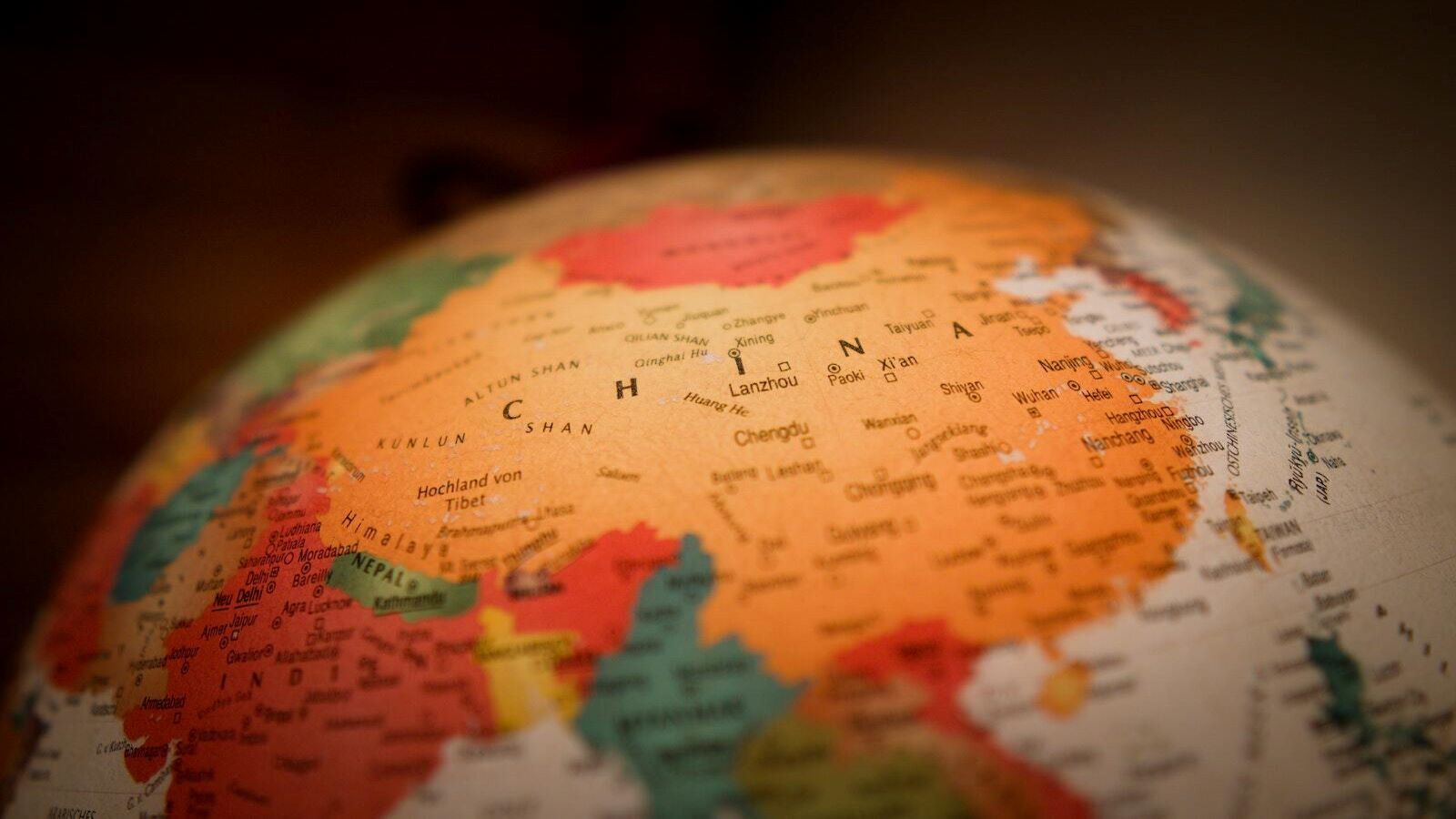China's recently released economic target—the smallest in the past 30 years, as reported in Globe Banner—no doubt raised questions, but the Asia Society Policy Institute explains why this industrial giant may be taking baby steps.
One explanation for China's recent economic stagnation is the cumulative impact of Xi Jinping's increasing anti-market policy positions pertaining to private sector businesses, Asia Society President and CEO Kevin Rudd wrote in a policy paper for Asia Society Policy Institute. Communist Party members agreed in December that some of these policies may have overstepped financial sensibility with undesirable impacts.
"Beneath the surface, we can catch glimpses that not all within the Party’s ranks have been happy with the results of Xi’s move away from Deng Xiaoping’s era of reform and opening," Rudd said. "Increasingly, dissent from Xi’s move to the left on the economy has begun bubbling into view."
Rudd went on to tie the new economic policies in with Xi's political ambitions.
"Xi Jinping has an overriding desire to keep any significant disruptions to China’s economic growth performance, its financial stability or social stability from occurring before he has a chance to secure a further political term at the Party Congress in November," Rudd said.
Meanwhile, according to the policy paper, members of the business community are also suspicious of new government policies with their outlook being described as "once bitten, twice shy". A key concept within Xi's "New Development Concept" is the "Dual Circulation" economic model, Rudd said. In this model the emphasis is on increasing domestic consumer demand, reducing the economic importance of net exports and promoting technological and supply-chain “self-reliance” in order to reduce future external dependency on other nations.
Xi also supports a "Common Prosperity" campaign, which strives to cut down on inequality by redistributing wealth away from China's billionaire class and tech companies, according to Rudd. New anti-monopoly regulations are being introduced to decrease the market power that tech companies can possess. China will assemble the nation's political leaders for the 20th National Congress of the Chinese Communist Party in November 2022, where Jinping is striving for a third term, The Heritage Foundation reports.

